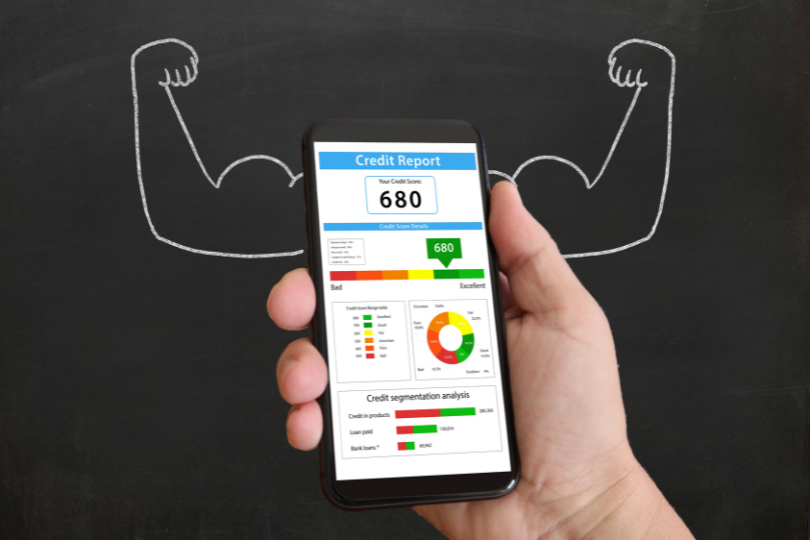Credit scores are a crucial aspect of our financial lives. They can influence everything from the interest rates on our loans to our ability to rent an apartment. If your credit score is currently poor, don’t despair. There are several strategies you can employ to improve it.

Understanding Credit Scores
Before you can improve your credit score, it’s important to understand what it is and how it’s calculated. A credit score is a numerical representation of your creditworthiness, based on your credit history. It’s calculated using several factors, including your payment history, the amount of debt you owe, the length of your credit history, the types of credit you have, and how often you apply for new credit.
1. Check Your Credit Reports
The first step in improving your credit score is to check your credit reports. A free copy of your credit report is provided by the major credit bureaus once a year. Review these reports carefully for any errors or discrepancies, as these can negatively impact your score.
2. Pay Your Bills on Time
Your payment history is the most significant factor in your credit score. Therefore, consistently paying your bills on time is one of the most effective ways to improve your score. If you’re struggling to keep track of due dates, consider setting up automatic payments or reminders.
3. Reduce Your Debt
The amount of debt you owe is another major factor in your credit score. Try to pay down your balances, and avoid maxing out your credit cards. It’s also beneficial to keep your credit utilization ratio – the percentage of your total credit you’re using – as low as possible.
4. Limit New Credit Applications
Each time you apply for new credit, a hard inquiry is made, which can lower your score. While these effects are usually temporary, it’s still a good idea to limit new credit applications, especially if your score is already low.
5. Diversify Your Credit
Having a mix of different types of credit (like credit cards, auto loans, and mortgages) can positively impact your score. However, this doesn’t mean you should take on debt you don’t need – always consider your financial situation and ability to repay before taking on new credit.
Improving a poor credit score takes time and patience, but it’s certainly achievable. By understanding how credit scores work and implementing these strategies, you can gradually increase your score and improve your financial health. Remember, the journey of improving your credit score is a marathon, not a sprint. Stay consistent, make smart financial decisions, and over time, you’ll see your credit score rise.

















Leave a Reply